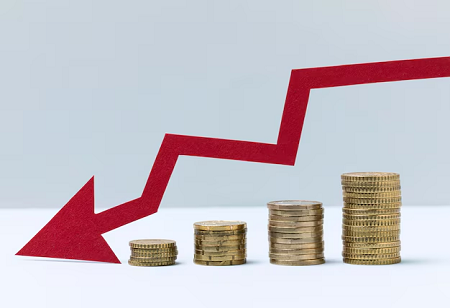
Japan faces the urgent burden of repairing its damaged public finances while dealing with the industrial world's worst public debt, which is more than double the size of its economy. This becomes more critical as the central bank reduces its decade-long, ultra-loose monetary policy, which has maintained borrowing costs near zero.
Japan's goal of achieving a primary budget surplus for the first time in decades will be delayed by a year, according to a government projection, as pressures for more spending weigh on the state budget this year.
Prime Minister Shigeru Ishiba's minority government is facing a number of demands from opposition parties that could inflate the budget, so the prediction, which was made at a meeting of the government's top economic council, may be postponed once more.
One important indicator of how much policy can be supported without taking on debt is the primary budget balance, which does not include debt-servicing expenses or fresh bond sales. After repeatedly postponing the target, the government last year reiterated its promise to deliver a surplus by the fiscal year 2025 beginning in April in its annual economic and fiscal policy guidelines. However, because of an additional budget that was created late last year to protect households from growing living expenses, the primary balance for fiscal 2025 is now expected to be a deficit of 4.5 trillion yen rather than the 800 billion yen surplus that was previously projected.
The administration intends to consider whether to establish a new target and include the results of the discussion in this year's fiscal and economic policy guidelines, which are expected to be published in June.
We use cookies to ensure you get the best experience on our website. Read more...